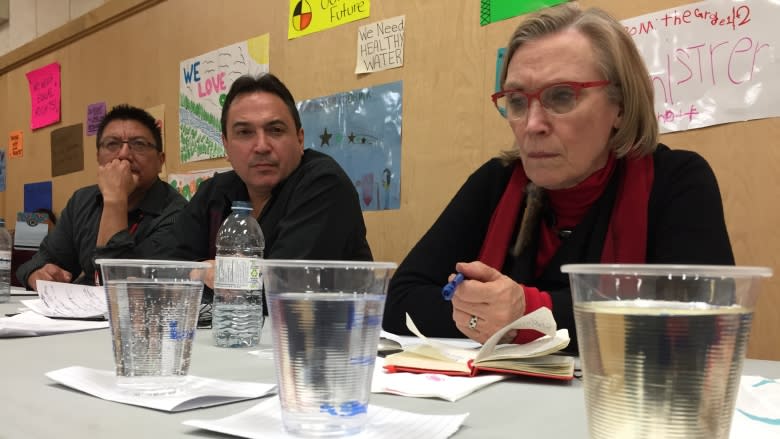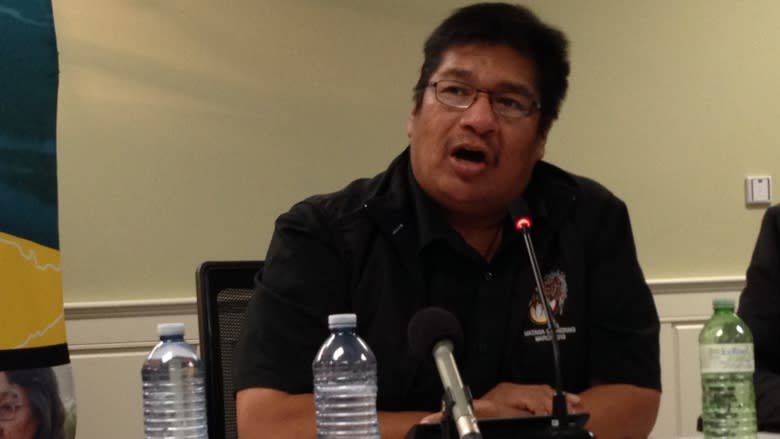Canada's longest-standing First Nations boil water advisory will end in 2018, Liberals say
The Liberal government says it will spend nearly $9 million to upgrade, renovate and improve the water plant in Neskantaga First Nation, a northern Ontario community that has been without safe tap water since 1995.
Indigenous Affairs and Northern Affairs provided the financial details of the plan on Thursday. The commitment to fund a water plant in Neskantaga was first announced last year.
"The Government of Canada will invest approximately $8.8 million to help upgrade the community's water treatment system, including an addition to the existing water plant with new treatment technology and additional reservoir storage capacity to meet the community's long-term needs," said a written statement from Indigenous and Northern Affairs Canada.
Neskantaga Chief Wayne Moonias said his community forced the government to take action on their plight by inviting Indigenous Affairs Minister Carolyn Bennett to their community last year and opening their homes to show her the impact Canada's longest standing boil water advisory has on their daily lives.
"For more than 20 years we haven't been able to drink water from our taps or bathe without getting rashes," Moonias said in a news release.
"Water is a basic human right, and it should not have taken this long to provide the people of Neskantaga with access to safe drinking water," he added. "Our members drove this process."
For her part, Bennett congratulated and thanked Neskantaga and Matawa First Nations Management for their "leadership on the project", saying the funding part of the Liberal's committment to end all long-term drinking advisories in First Nations.
The project is expected to be completed by "late spring" 2018, according to Indigenous Affairs.
"We are one step closer to ending the water advisory, but there is much more work to be done," Moonias said. "We hope that work gets underway immediately."
About 350 people live in Neskantaga. It is a fly-in community, located approximately 450 kilometres north of Thunder Bay, Ont.
Nearly 40 other First Nations in northern Ontario are without safe drinking water.



